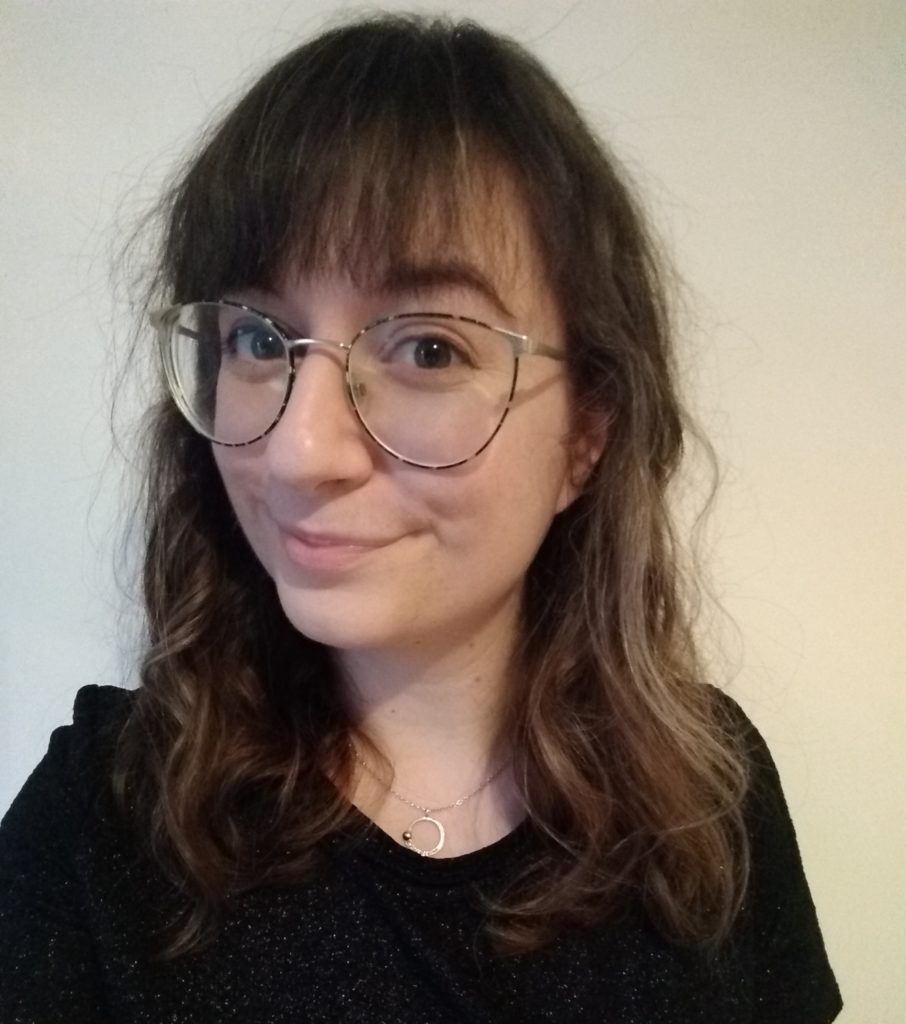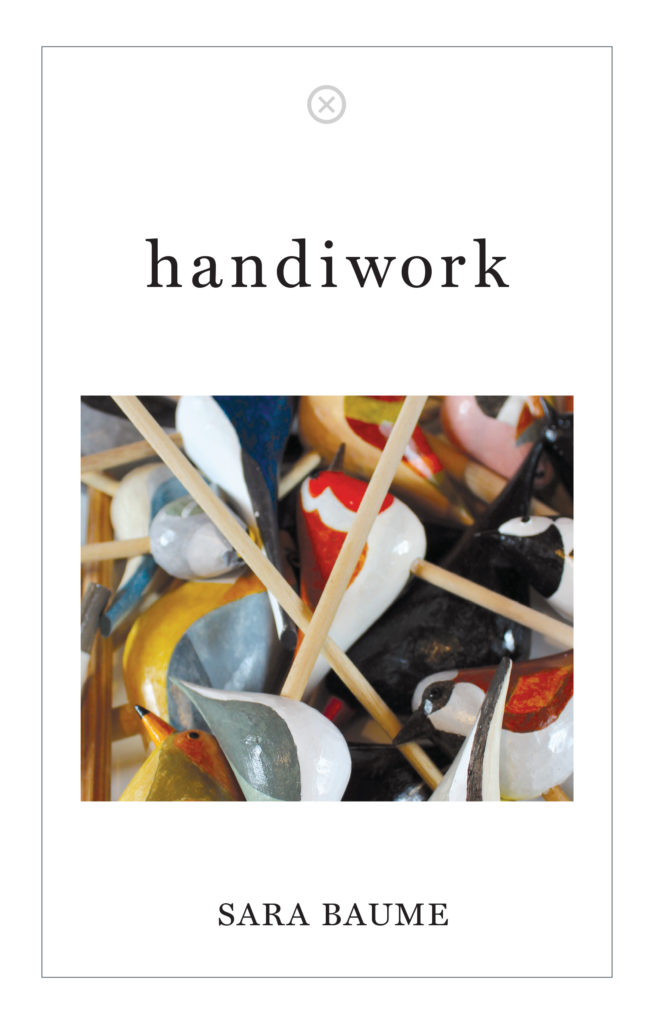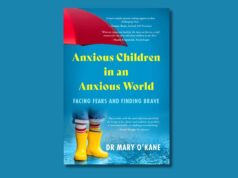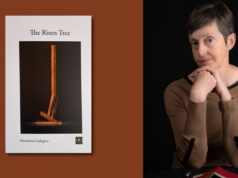handiwork
by Sara Baume | Tramp Press | €13.00 pb | 232 pages |9784349767587
Review by Laura King
From the moment you see handiwork—smaller than average for a paperback, with a cover and paper that feel beautiful, and photographs breaking up airily spaced text—it looks like something special and collectable, and the unusual focus of the subject matter mirrors the initial impression to create a unique reading experience. The work has much in common with Baume’s most recent novel, A Line Made by Walking; both deal with young artists, visual art, nature and grief, and are interspersed with photographs. The blurb describes handiwork as a ‘short narrative’, which seems the most apt description of her non-fiction début, as it explores themes of interest to Baume, without either going down the more expected path of memoir, or having to deal with the narrative constraints of fiction like her last two books.
In handiwork we are presented with a picture of a life of the artist at work, in pursuit of creating meaningful, beautiful objects, not for sale or pursuit of recognition. The book begins with the idea of the amateur being free from any expectation of standard or mass production, and though it is a freedom from obligation to others, there is a sense that Baume realises she owes it to herself to create. The idea of the miniature is hugely important to Baume, and among her memories of a grand post-graduation tour of Europe visiting all the major art museums, an accidental discovery of a miniature train set in a German station seems to have been her most formative. She traces this interest in her handiwork further back to her late father, who worked all day at a quarry and then spent his evening making plain yet practical objects, and to her grandfather, who is now remembered through his carefully crafted miniatures. In fact, Baume’s flock of beautiful handmade birds that appear in photographs throughout the book were made over the course of two years after her father died, as she clung to a project to get her through this grief.
The structure of the narrative notably mimics the structure of her working day, as she moves from her morning writing desk around the various rooms that have ‘asserted themselves’ to best fit her needs, to work on something for its allotted time and space before moving on. Similarly, going from topic to topic and back again, Baume’s narrative flits between facts about the migratory practice of birds, her everyday life as an artist, memories that influence her craft, her grief for her father, and the practices involved in her various projects, touching on one for only a moment before passing to another. This feels not only like a roundabout path of a bird but also how the mind keeps coming around in circles to something that is important. Perhaps we can only talk about such weighty subjects as the importance of art to the self, memory and grief at an angle, as Baume does when writing about bird migration and, ultimately, homecoming: despite the odds, the bird always finds its way back. Maybe we never get a finished, ordinary picture of a life dedicated to art for the sake of art but Baume goes one better: a work that reflects in its very structure the journey we undertake in making art, reflecting all the preoccupations, distractions and ideas that go into any one piece.
It is strange to think that handiwork was written and produced pre-lockdown, as it seems so incredibly relevant to the present moment. I understand Baume’s narratives in ways I never would have before March 2020. Her solitary and self-contained life, which probably does not look vastly different under lockdown, has now become familiar to those who world ordinarily commute to a workplace every day. Baume’s process therefore feels like timely guidance as to how we all might break up our day to feel more organised and maximise creativity. Her commitment to production free of expectation or monetisation is something we should all pay attention to, however—we should note and admire her dedication to useless, beautiful things, where the journey to create is as important, if not more important, than a quantifiable outcome.

Laura King works in publishing in Dublin, and in her spare time reviews books online under the name @lauraeatsbooks.













